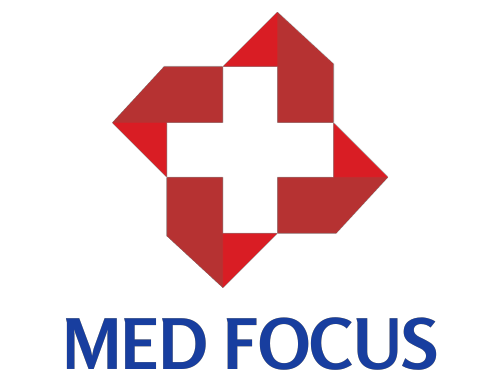While excellent grades are a crucial component of a medical school application, a strong medical student portfolio goes beyond academic achievements. Medical schools seek well-rounded individuals who bring a diverse set of skills, experiences, and qualities to the field. In this blog post, we'll explore how you can build a robust medical student portfolio that reflects not only your academic prowess but also your passion for medicine and your potential to contribute to the healthcare community.

Diversify Your Extracurricular Activities
Medical schools appreciate candidates who demonstrate a commitment to their communities. Engage in a variety of extracurricular activities, such as volunteering in healthcare settings, participating in community service projects, or taking on leadership roles in student organizations. These experiences showcase your dedication to service and your ability to balance multiple responsibilities.
Showcase Research and Publications
If you've been involved in research projects or have publications, be sure to highlight them in your portfolio. Research experience demonstrates your curiosity, critical thinking skills, and commitment to advancing medical knowledge. Include details about the projects you've worked on, your contributions, and any presentations or publications resulting from your research.
Highlight Clinical Experience
Clinical experience is invaluable in demonstrating your understanding of patient care and the day-to-day realities of the medical profession. Include details about any shadowing experiences, internships, or clinical rotations you've completed. Discuss how these experiences have influenced your decision to pursue medicine and shaped your understanding of various specialties.

Leadership and Teamwork Skills
Medical professionals often work in collaborative environments. Showcase your leadership and teamwork skills by detailing any leadership roles you've undertaken or instances where you've worked effectively within a team. This could include leadership in student organizations, group projects, or community initiatives.
Reflect on Unique Experiences and Perspectives
Your unique experiences and perspectives can set you apart in the medical school application process. Whether you have overcome significant challenges, possess language skills, or have a cultural background that contributes to diversity, share these aspects in your portfolio. Medical schools value diversity and the varied perspectives it brings to the learning environment.
Professional Development and Certifications
Include any additional certifications or professional development courses you've completed. This could range from CPR certification to courses related to medical ethics, cultural competence, or other relevant areas. These certifications demonstrate your commitment to ongoing learning and preparedness for the responsibilities of a medical professional.

Demonstrate Commitment to Lifelong Learning
Medical professionals must embrace a mindset of lifelong learning. Convey your commitment to continuous learning by discussing any additional courses, workshops, or self-directed learning initiatives you've pursued. This demonstrates not only your academic curiosity but also your readiness for the intellectual demands of medical school.
Conclusion
Building a strong medical student portfolio requires a holistic approach that goes beyond grades. By diversifying your extracurricular activities, showcasing research and publications, highlighting clinical experience, emphasizing leadership and teamwork, reflecting on unique experiences, including certifications, and demonstrating a commitment to lifelong learning, you can present a comprehensive and compelling portfolio. Remember, medical schools are not just looking for high achievers academically but individuals who possess a combination of skills, experiences, and qualities that align with the values of the medical profession.
